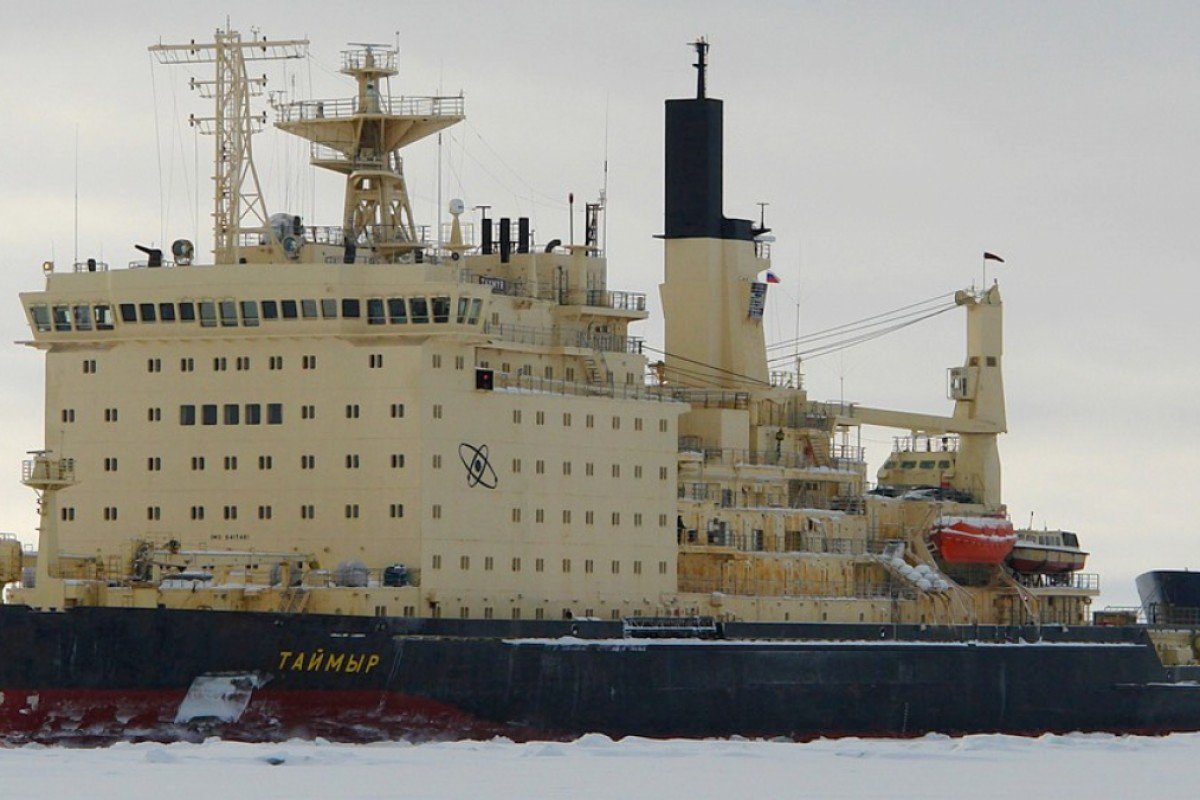Passage of foreign nuclear-powered ships and ships carrying hazardous cargoes has
recently attracted growing attention in the international community. In particular, sea
shipments of highly radioactive or radiotoxic nuclear materials are becoming a matter of
serious concern to coastal States because these materials may cause widespread and longterm
contamination of the marine environment in the event of an accident. In this regard,
Article 23 of the LOSC provides:
Foreign nuclear-powered ships and ships carrying nuclear or other inherently dangerous or
noxious substances shall, when exercising the right of innocent passage through the territorial
sea, carry documents and observe special precautionary measures established for such ships by
international agreements.
Examples of international agreements regulating the passage of nuclear-powered ships or
ships carrying hazardous substances include the 1962 Convention on the Liability of
Operators of Nuclear Ships, the 1973 International Convention for the Prevention of
Pollution from Ships as modified by the 1978 Protocol (MARPOL) and the 1974 International
Convention for the Safety of Life at Sea (SOLAS).
It seems beyond doubt that foreign nuclear-powered ships and ships carrying hazardous
cargoes enjoy the right of innocent passage through the territorial sea. This is clear from
the expression of Article 23, ‘when exercising the right of innocent passage’. It is also to
be noted that this provision is under the rubric ‘Rules Applicable to All Ships’. Furthermore,
Article 22(2) allows the coastal State to require nuclear-powered ships and ships
carrying nuclear or other inherently dangerous or noxious substances to confine their
passage to such sea lanes as it may designate or prescribe for the regulation of the passage
of ships.
However, passage of foreign nuclear-powered ships and ships carrying inherently
dangerous materials, such as long-lived highly radioactive and radiotoxic nuclear materials,
creates particular sensitivity associated with environmental protection of coastal
States. For instance, when the Akatsuki Maru, a Japanese vessel carrying 2,200 pounds
of plutonium, was in transit in 1992 from France to Japan, travelling around the Cape of
Good Hope, then going eastward south of Australia and New Zealand, and finally turning
north through the Pacific Islands to Japan, South Africa and Portugal requested that the
Japanese vessel stay out of their EEZs. When the Pacific Pintail carrying twenty-eight logs
of high-level vitrified nuclear waste in glass blocks was in transit in 1995, States along
the route, i.e. Brazil, Argentina, Chile, South Africa, Nauru and Kiribati, banned the vessel
from their EEZs.
In practice, some States require prior notification or prior authorisation of the passage
of foreign nuclear-powered ships and ships carrying hazardous cargoes through their territorial sea. However, those claims have encountered opposition from several
States. Thus a question analogous to that of foreign warships has been raised with
regard to the navigation of foreign nuclear-powered ships and ships carrying hazardous
cargoes.
A requirement of prior notification is consistent with the LOSC. As noted, the coastal
State may require ‘tankers, nuclear-powered ships and ships carrying nuclear or other
inherently dangerous or noxious substances or materials’ to confine their passage to such
sea lanes and traffic separation schemes as it may designate or prescribe for the regulation
of the passage of ships by virtue of Article 22(1) and (2). If the coastal State is not entitled to
know the passage of those ships, arguably that State cannot exercise its right set out in
these provisions. On the other hand, it is debatable whether a requirement of prior
authorisation is compatible with the LOSC because such a requirement amounts to denial
of the right of innocent passage of foreign nuclear-powered ships and ships carrying
hazardous cargoes.
In this regard, the UN General Assembly noted that States should maintain dialogue and
consultation, in particular under the auspices of the International Atomic Energy Agency
and the IMO, with the aim of improved mutual understanding, confidence-building and
enhanced communication in relation to the safe maritime transport of radioactive materials;
and that States involved in the transport of such materials are urged to continue to
engage in dialogue with small island developing States and other States to address their
concerns.

